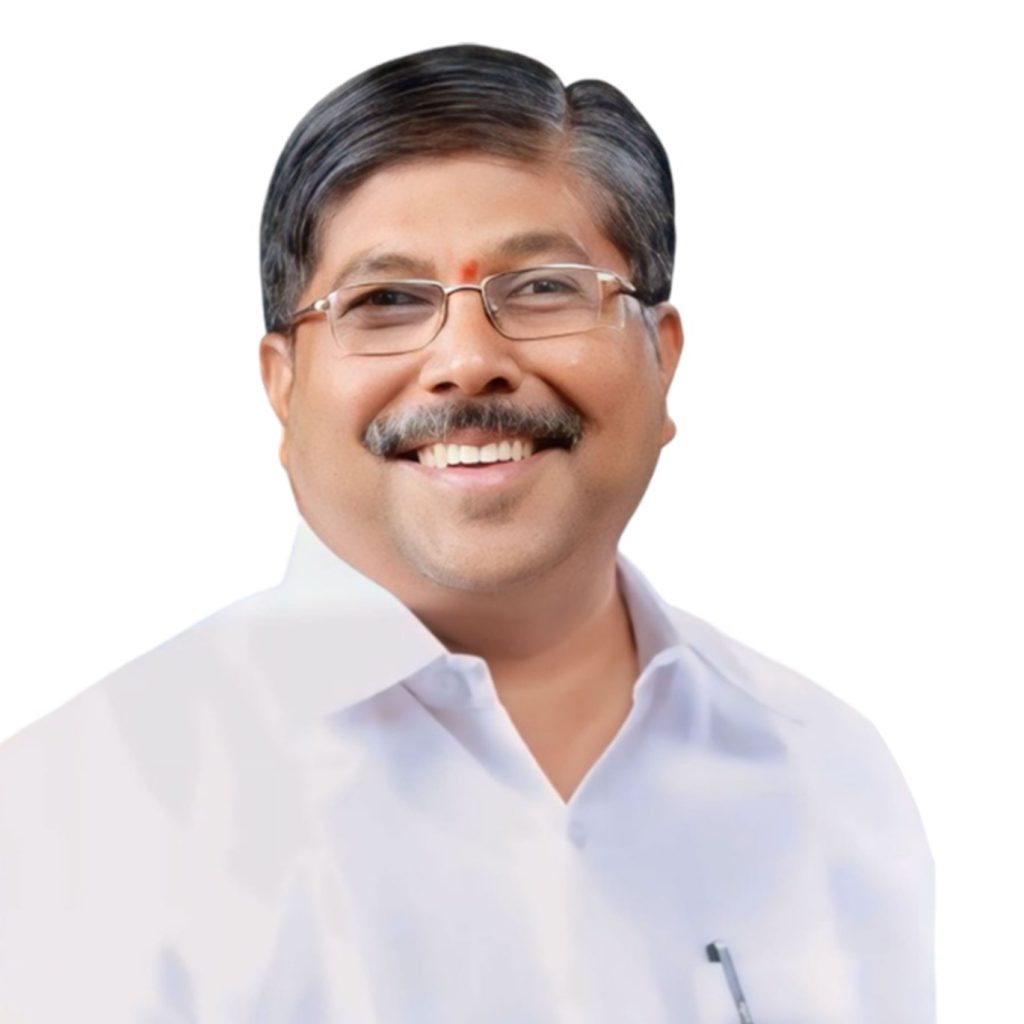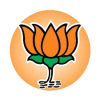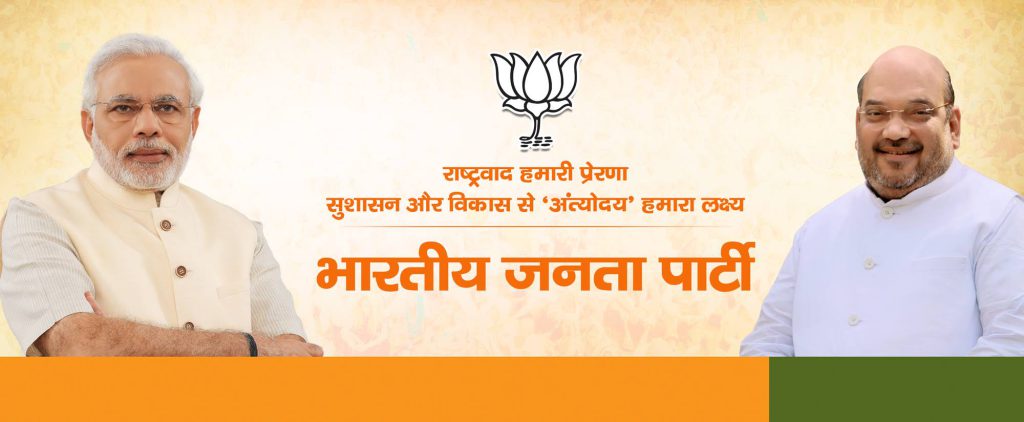
History:
The Bharatiya Janata Party (BJP) was founded in 1980, emerging from the Janata Party, which formed as an opposition to the Emergency declared in India from 1975 to 1977. The party’s ideological roots trace back to the Rashtriya Swayamsevak Sangh (RSS), which promotes cultural nationalism.
In 1998, the BJP formed its first government at the national level, led by Atal Bihari Vajpayee, focusing on economic reforms, infrastructure development, and improving India’s international standing. The party has since become one of the largest political entities in India, securing a historic mandate in the 2014 elections under the leadership of Narendra Modi.
Vision:
The BJP envisions a strong, prosperous, and inclusive India. Its vision includes:
- Economic Development: Emphasizing initiatives like “Make in India” to boost manufacturing and job creation.
- National Security: Committing to enhancing India’s defense capabilities and ensuring internal security.
- Social Harmony: Promoting unity among diverse communities while respecting cultural identities.
- Good Governance: Advocating transparency, accountability, and efficient public service delivery.
Achievements:
Digital India Initiative: Launched to transform India into a digitally empowered society and knowledge economy, focusing on digital infrastructure, digital delivery of services, and digital literacy.
Pradhan Mantri Awas Yojana (PMAY): Aims to provide affordable housing to the urban poor, with the goal of housing for all by 2022.
Swachh Bharat Abhiyan: A nationwide cleanliness campaign launched to promote sanitation, eliminate open defecation, and encourage waste management practices.
Ayushman Bharat: A health insurance scheme providing coverage for secondary and tertiary care hospitalization to over 500 million people, aiming to make healthcare accessible and affordable.
Skill India Mission: Aimed at equipping youth with skills for employment and entrepreneurship, fostering job creation and improving workforce quality.
Make in India: An initiative to encourage national and multinational companies to manufacture their products in India, boosting the manufacturing sector and creating jobs.
Rural Electrification: Achieving nearly 100% electrification of rural households, ensuring that electricity reaches even the most remote areas.
National Highway Development: Significant investment in expanding and upgrading national highways, enhancing connectivity and promoting economic growth.
Start-up India: Aimed at promoting entrepreneurship by providing funding support, mentorship, and facilitating ease of doing business.
International Relations: Strengthened India’s global presence through various diplomatic initiatives and partnerships, enhancing ties with countries across the world.
Environment Initiatives: Initiatives like the Pradhan Mantri Ujjwala Yojana promote the use of clean cooking fuel to reduce air pollution and deforestation.
Leaders
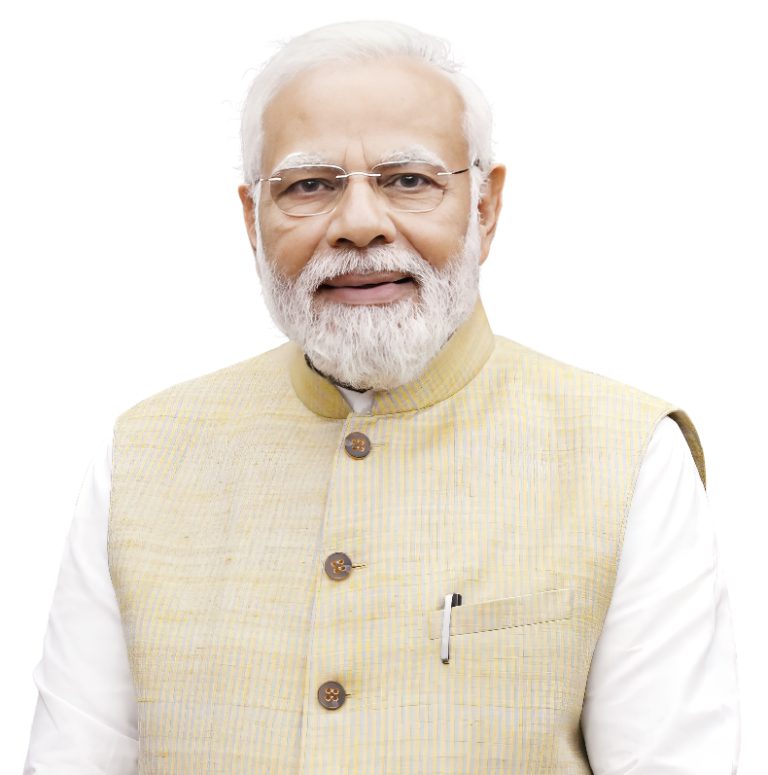
Narendra Modi
Prime Minister of India
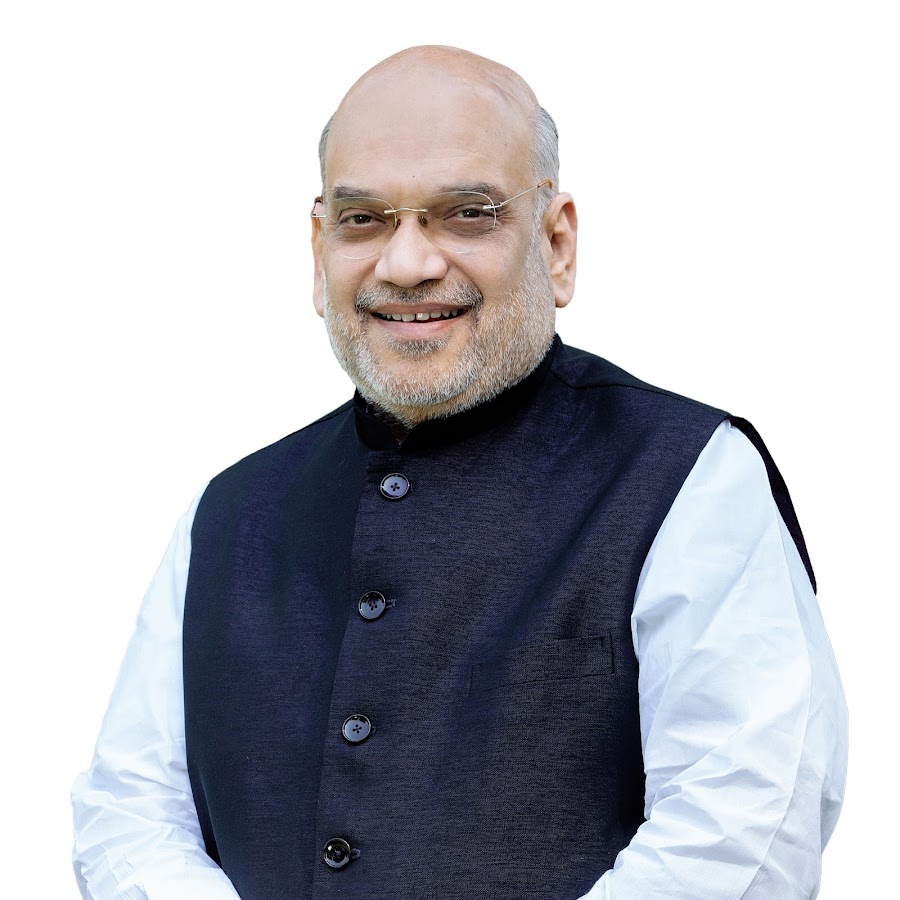
Amit Shaha
Home Minister of India
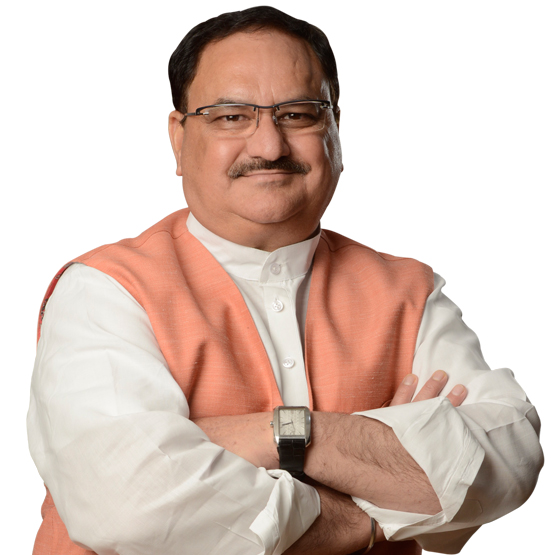
J.P. Nadda
Party President
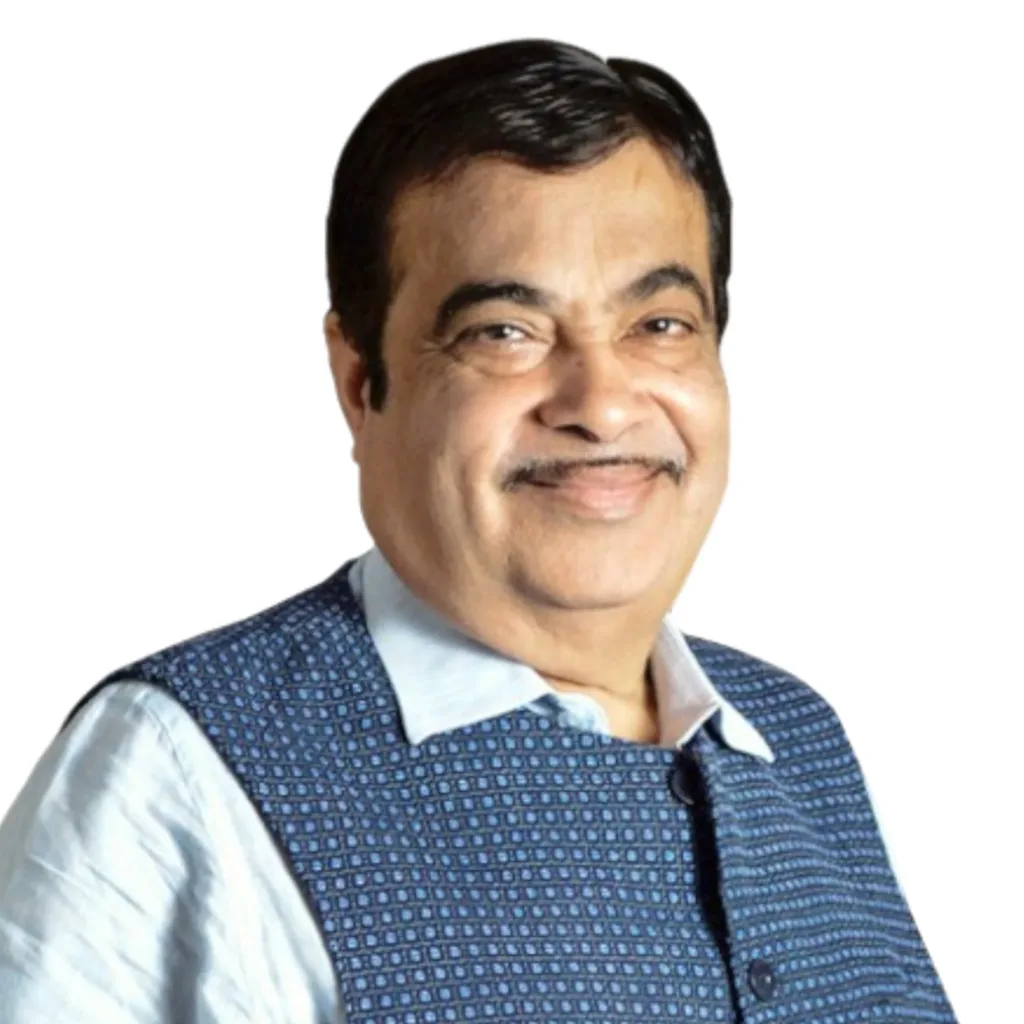
Nitin Gadkari
Minister of Road Transport and Highways of India
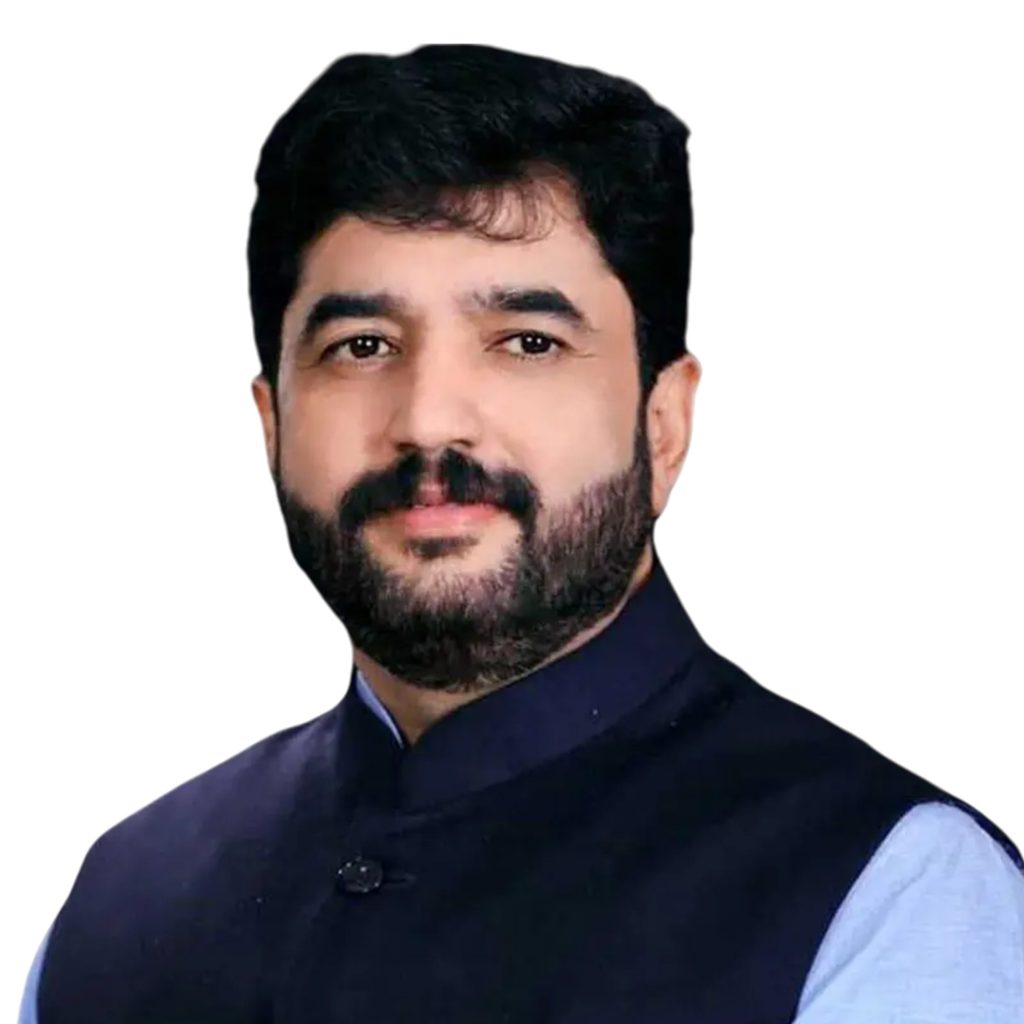
Murlidhar Mohol
Minister of State for Civil Aviation and Co-operation
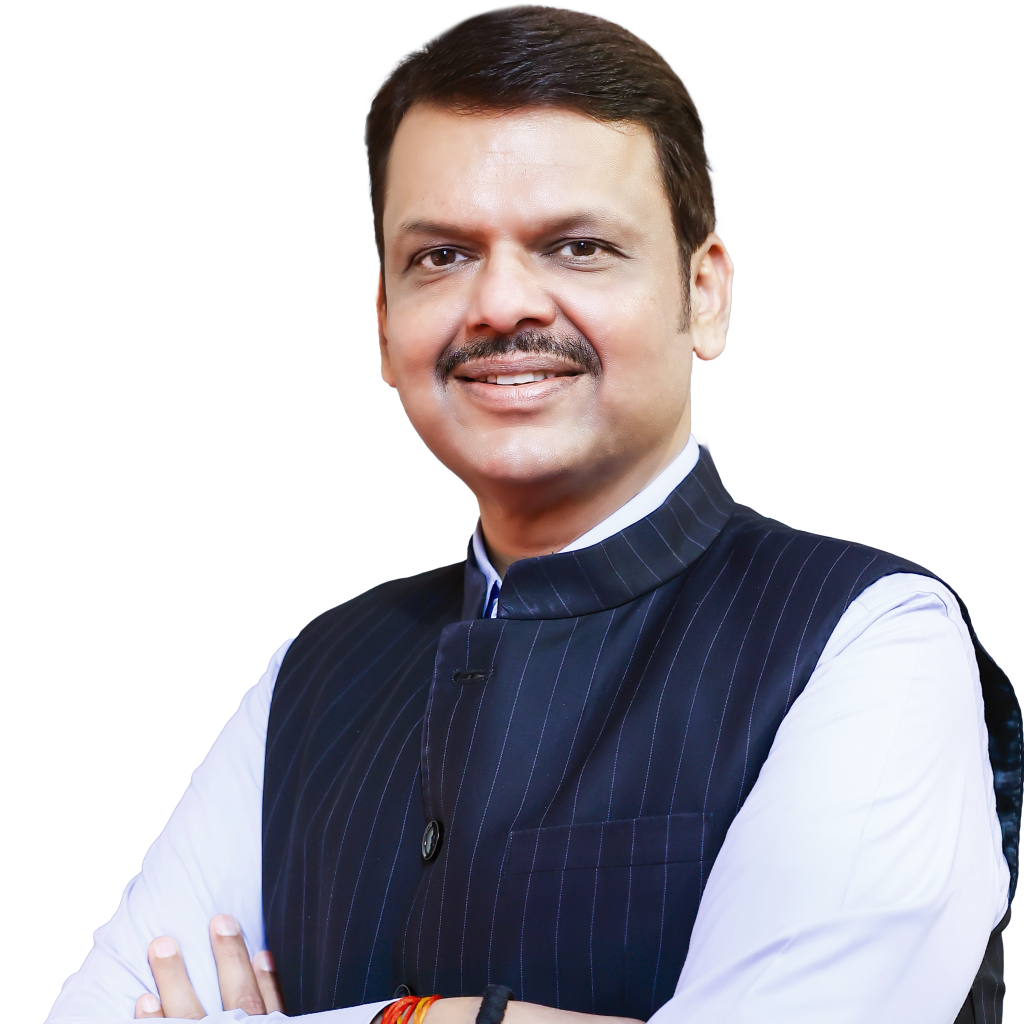
Devendra Fadnavis
Deputy Chief Minister of Maharashtra
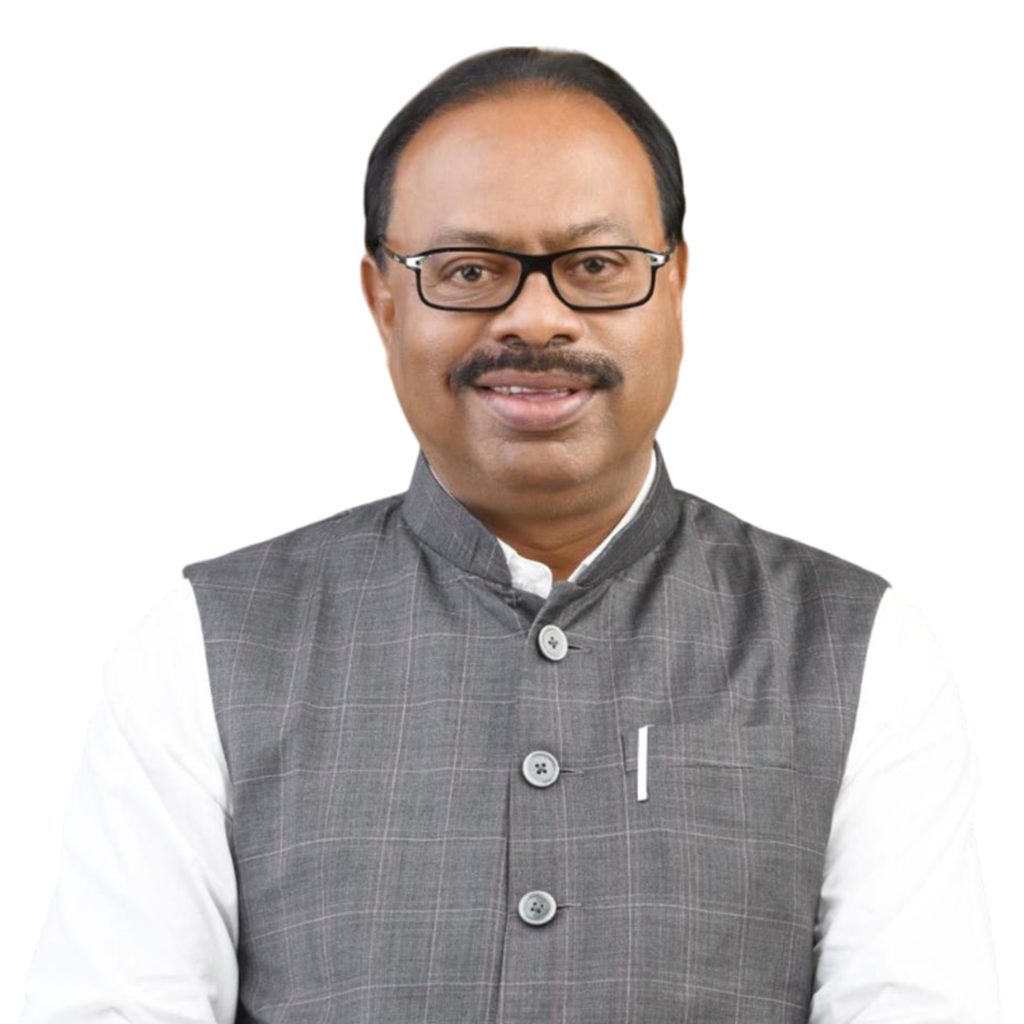
Chandrashekhar Bawankule
President of Bharatiya Janata Party, Maharashtra
